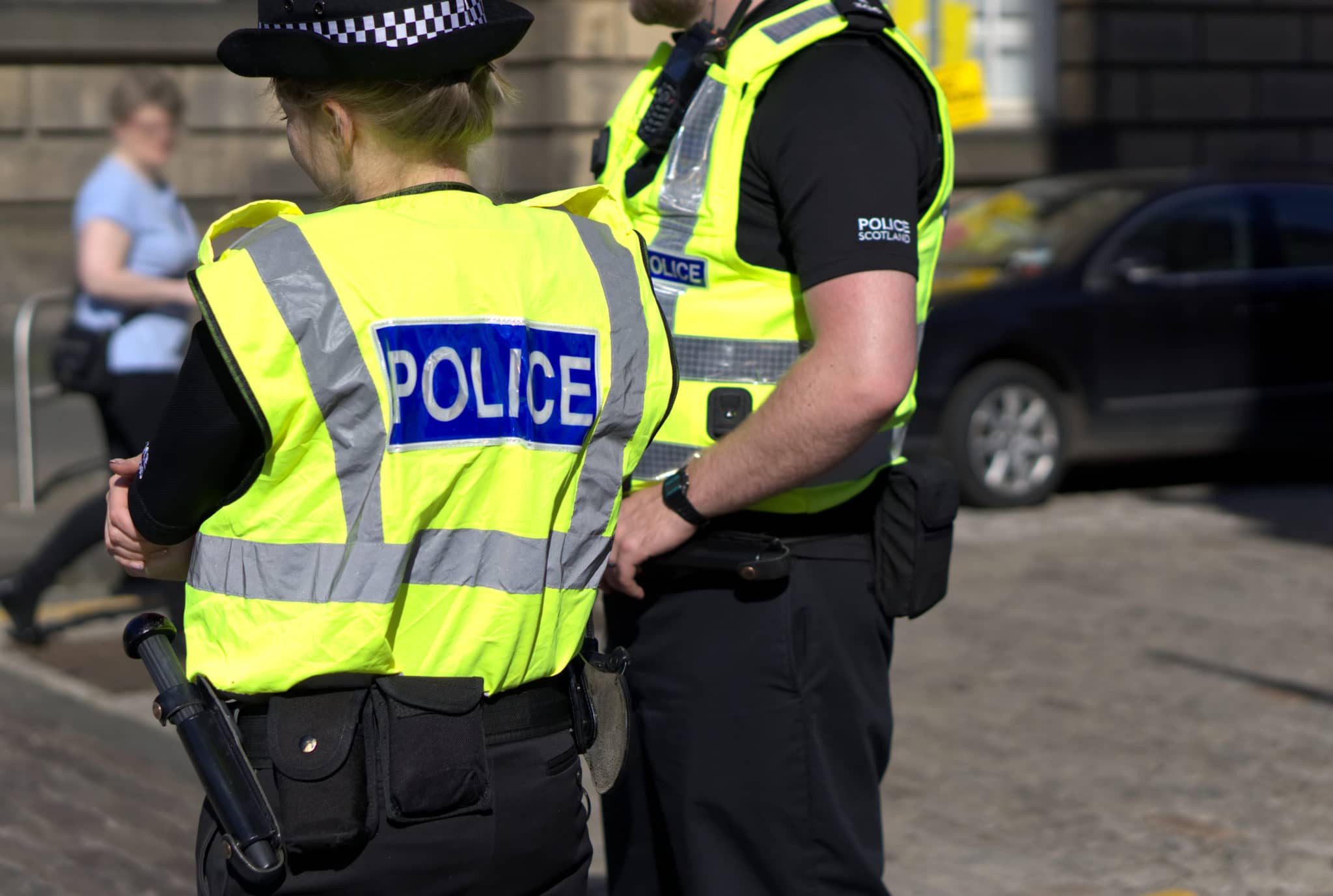
UK police forces are reporting a dramatic rise in the number of mental health-related incidents they have had to deal with in the past five years.
According to a BBC Freedom of Information request, 21 forces out of 48 in England, Scotland and Wales reported a rise since 2017.
The report stated that in Merseyside, for instance, mental health-related incidents increased from 7,629 in 2017 to 28,039 last year – a 313% rise.
The government says such pressures are stopping officers fighting crime.
Police chiefs have expressed growing concerns about the amount of time their offices spend dealing with people with mental health related issues when they should be on other jobs.
One force reported each case could tie an officer up for 14 hours.
BBC Newsnight reported those that responded, police in North Wales saw the largest proportional increase, responding to more than five times as many incidents in 2022 (3,910) as in 2017 (781).
But Gloucestershire Police saw the lowest rise, an increase of 16% over the same five-year period – from 6,737 incidents to 7,369.
But it is not clear how the collected data was affected by each force’s definition of mental health incidents and if it had changed over the five years.
The College of Policing says a mental health incident is defined as “any police incident thought to relate to someone’s mental health where their vulnerability is at the centre of the incident”.
Officers are estimated to now up to 40% of their time dealing with such incidents.
Some force chiefs offered the view that the rise is because of a changing public perception that the police are the first resort in a crisis.
This could be exacerbated by a lack of capacity in the community to deal with growing mental health demands.
The BBC reported: “In November last year, the commissioner of London’s Metropolitan Police said for every mental health patient his officers deal with, they spent an average of 14 hours in A&E. Sir Mark Rowley said officers were doing health and social care work that was ‘not police work’.”